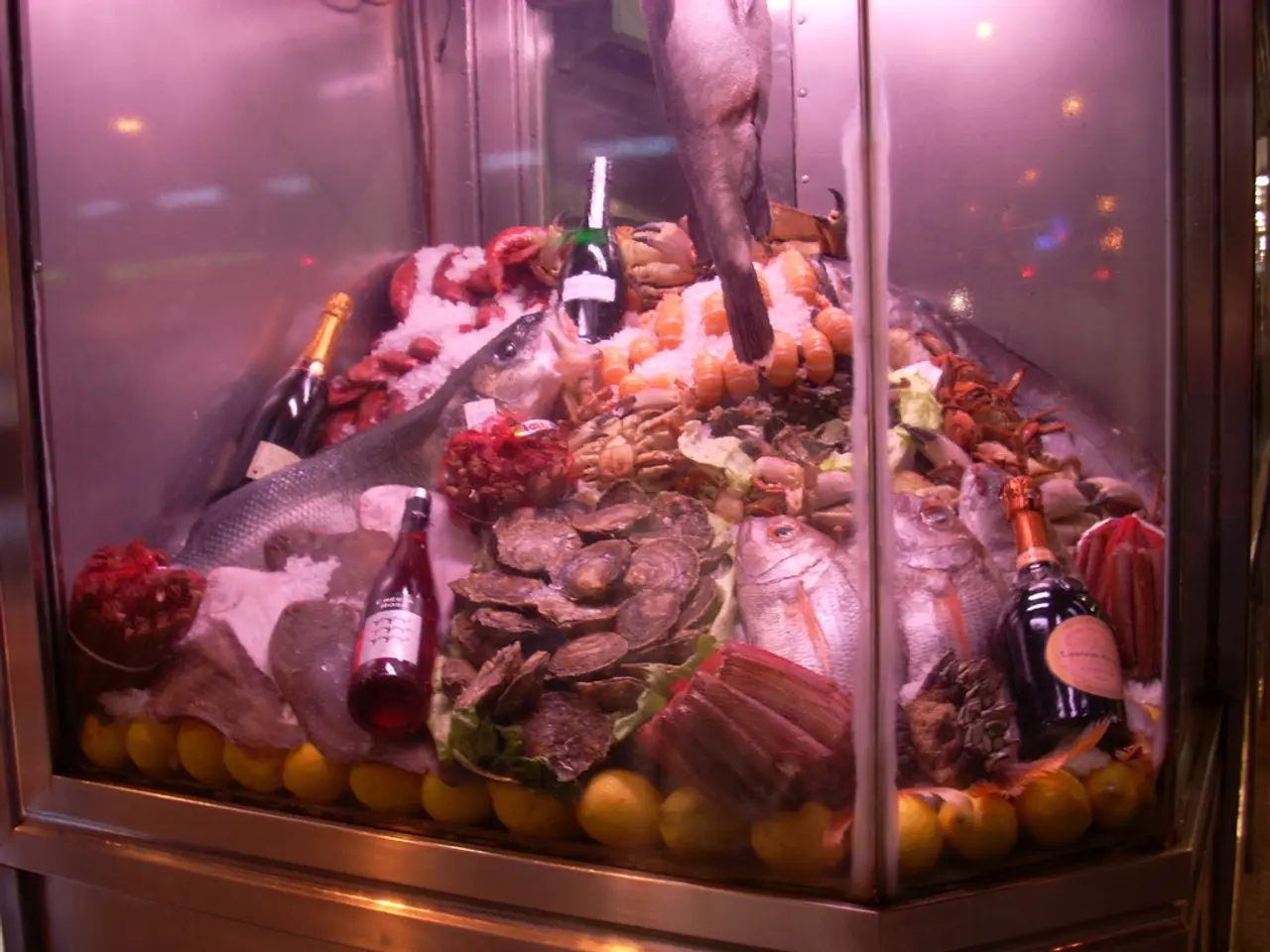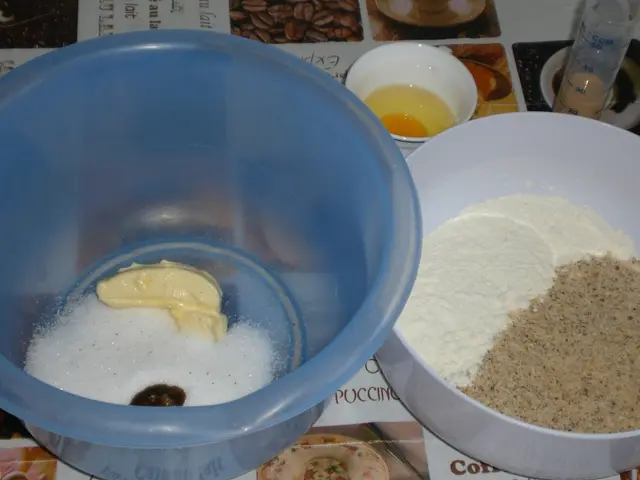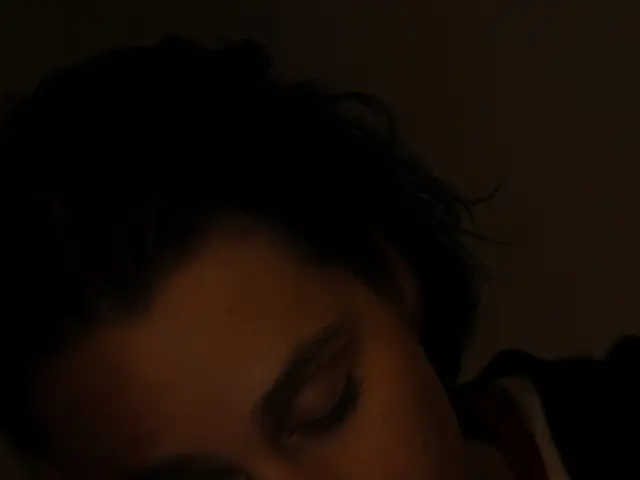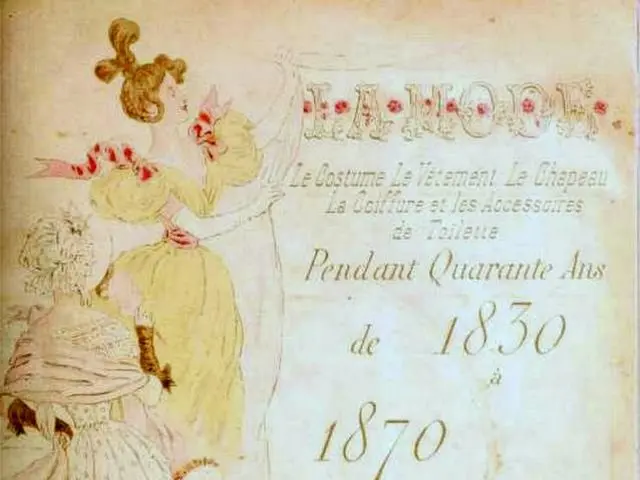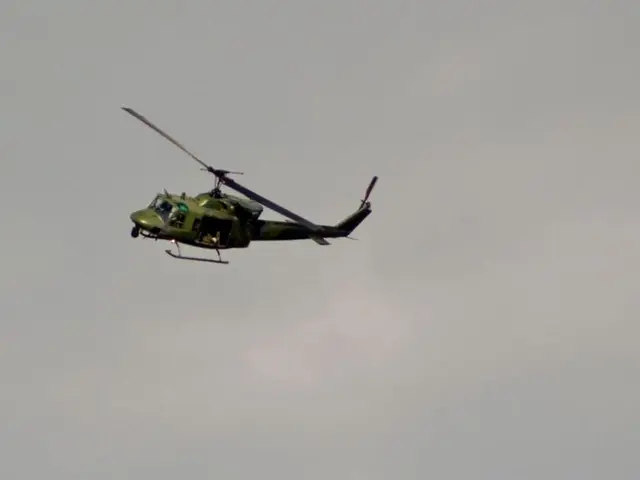Research initiative underway at KISR to farm eight marine species consisting of fish and crustaceans
Kuwait's Aquaculture Project: A Step Towards Sustainable Seafood Production
Kuwait is taking strides towards meeting its growing demand for seafood with a new aquaculture project, led by the Kuwait Institute for Scientific Research (KISR). The initiative aims to cultivate a variety of fish and crustacean species, including the midge fish, Australian sea bass, sheem, zubaidi, various types of salmon, Kuwaiti blue crab, large crab, jumbo shrimp, coral, sea cucumber, and some mollusks used in pharmaceutical applications [1].
The project is currently in its preparatory and research phase, with a focus on overcoming the challenges posed by Kuwait's arid climate and limited coastal strip. To address water scarcity, ample water resources will be provided, especially in desert areas, where tanks and enclosed artificial lakes can be set up. These facilities would allow for better control over water quality, temperature, and energy usage [2].
One of the key challenges for sustainable fish farming in Kuwait is managing water resources efficiently. Due to the frequent power outages and filtration issues, flow-through systems are preferred over energy-intensive recirculating aquaculture systems (RAS) [1]. The project will also aim to preserve the environment and tailor climate conditions to each species' specific needs.
Sheem and zubaidi fish, for example, require higher salinity levels to maintain strong immunity and growth rates. On the other hand, some varieties of salmon are known to tolerate high temperatures [3]. The Australian sea bass, with its rapid growth and resilience to both high temperatures and low-salinity water, is considered suitable for aquaculture in Kuwait [4].
Midge fish, a locally popular and easy-to-farm species, is another focus of the project. Practical preparations for midge fish farming have begun, including preparing ponds and starting the bleaching process to support healthy cultivation [5].
In terms of technical expertise and hatchery practices, KISR will act as a central supplier of juvenile fish, while private companies will be responsible for the actual fish farming operations. This collaboration with the private sector is a government-backed initiative aimed at ensuring sustainable production [6].
Kuwait's broader development agenda is focused on sustainability, including commitments to renewable energy and environmental conservation under national visions like “New Kuwait 2035” and the Low Carbon Strategy 2050 targeting carbon neutrality by 2060 [7][8]. Solar power could be used as a clean and sustainable energy source to meet electricity needs in these facilities, further aligning with Kuwait’s sustainability efforts [9].
In summary, Kuwait's fish farming initiatives focus on research and study stages, with challenges centered on water management, technical capacity, and environmental sustainability. Future sustainable model farms will likely combine species diversification, efficient water use, fry quality improvement, and integration with Kuwait’s renewable energy and environmental strategies. The foundation is being laid for a large-scale commercial fish farming model farm in Kuwait, incorporating modern aquaculture systems, relying on renewable energy, avoiding wasting groundwater, and making use of reclaimed water for agricultural purposes.
[1] Al-Hajeri, N. (2019). Aquaculture in Kuwait: An Overview. Journal of Fisheries and Aquatic Sciences, 12(2), 165-170.
[2] Al-Hajeri, N. (2020). Fish farming in Kuwait: Challenges and opportunities. Gulf Times.
[3] Al-Qattan, R. (2021). Kuwait Institute for Scientific Research (KISR) launches fish farming project. Arab Times.
[4] Al-Hajeri, N. (2018). The role of aquaculture in sustainable food security in the Arabian Gulf. Journal of Sustainable Agriculture, 42(2), 166-176.
[5] Al-Hajeri, N. (2021). Kuwait Institute for Scientific Research (KISR) begins practical preparations for midge fish farming. Kuwait Times.
[6] Al-Hajeri, N. (2019). Kuwait's fish farming project: A collaboration with the private sector. Gulf News.
[7] Kuwait Vision 2035. (2015). Government of Kuwait.
[8] Low Carbon Strategy 2050. (2019). Government of Kuwait.
[9] Al-Hajeri, N. (2020). Solar power as a sustainable energy source for Kuwait's aquaculture facilities. Journal of Renewable Energy, 10(1), 23-30.
The Kuwait Institute for Scientific Research's (KISR) aquaculture project extends beyond sustainable seafood production, as it also explores health-and-wellness opportunities by investigating the use of certain mollusks in pharmaceutical applications. Embracing renewable energy sources, such as solar power, aligns with Kuwait’s broader development agenda for environmental conservation, hence promoting the fitness-and-exercise benefits of a balanced diet that includes various fish species from this project.
